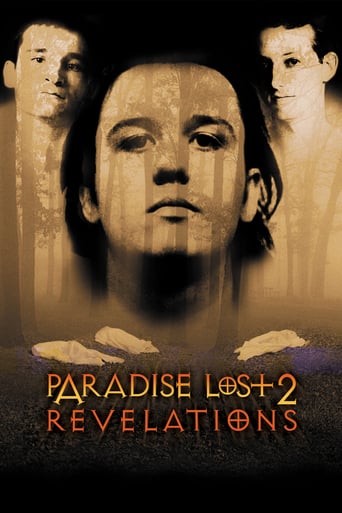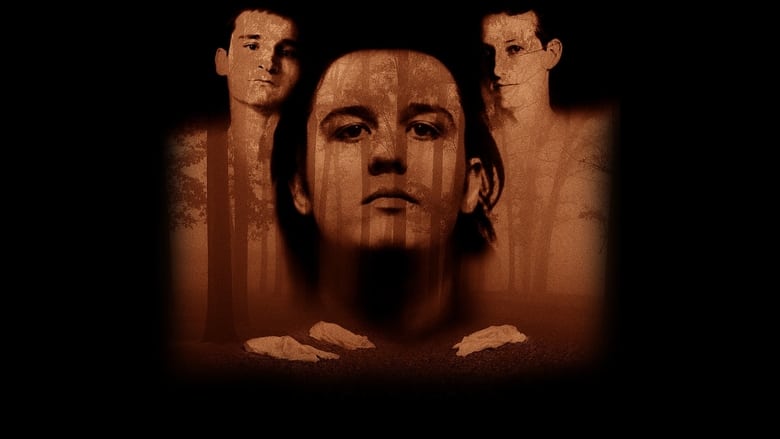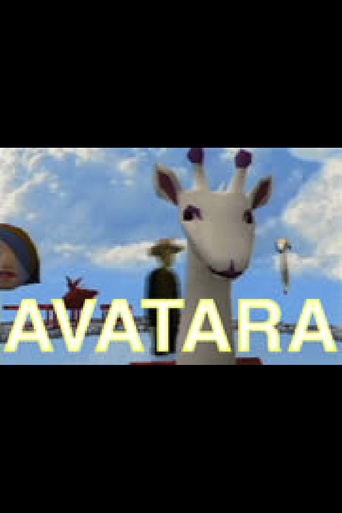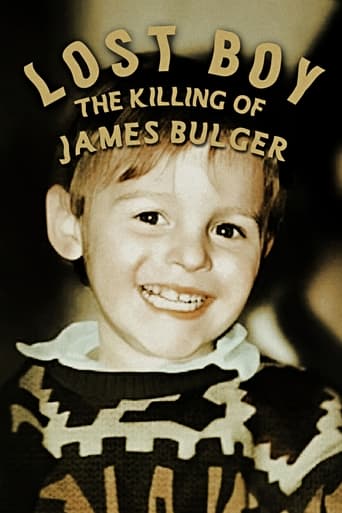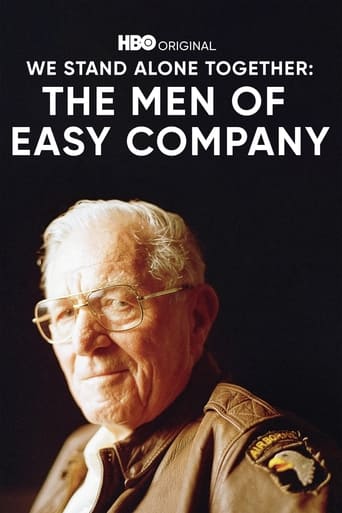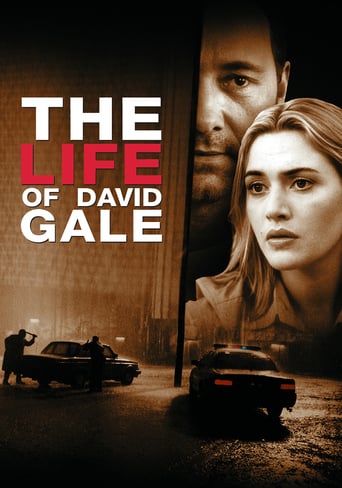Paradise Lost 2: Revelations (2000)
Revisiting the 1994 Arkansas murder of three 8-year-old boys and the three teenagers convicted of the crime. A follow up to Paradise Lost, Revelations features new interviews with the convicted men, as well as with the original judge and police investigators.
Watch Trailer
Cast
Similar titles
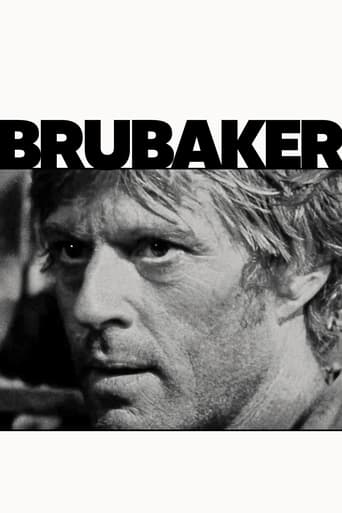
Reviews
Best movie of this year hands down!
It’s fine. It's literally the definition of a fine movie. You’ve seen it before, you know every beat and outcome before the characters even do. Only question is how much escapism you’re looking for.
This film is so real. It treats its characters with so much care and sensitivity.
It's simply great fun, a winsome film and an occasionally over-the-top luxury fantasy that never flags.
It's strange to come to write about Paradise Lost 2: Revelations having watch some (though not all) of the third and final entry from 2011, part 3 Purgatory (which was made the same year the West Memphis 3 - Damien Echols, Jessie Misskelley Jr., and Jason Baldwin - were finally released from prison due to an unusual 'plea' deal). I say this because by the time one watches that film, shot some 12/13 years after the second entry which was shot four years after the original Paradise Lost (93/94 in Arkansas), a key character (and I use the word Character I should say with a capital C) with John Mark Byers has changed. Hindsight is always 20/20 as the saying goes, but it is still captivating and kind of horrifying to see how Byers, and not necessarily the three (at the time) convicted killers, becomes the main character here.I have to wonder if the filmmakers went into the project knowing exactly what they would do; part of the impetus was to go back to the area in Arkansas as Echols in 1998/99 was facing a very urgent appeal process in court (with the original judge in the case, I'd say unfortunately), and also by this time the effect of the first Paradise Lost doc was such that the film itself was available as evidence for the defense. Ironically though because of the notoriety, the filmmakers Berlinger and Sinofsky weren't allowed in the courtroom, and the parents of the victims (seen in part 1) declined to be interviewed... except for Byers' stepfather, and his mother by this point had died. What did she die from? Well, that's kind of a funny story...Although the filmmakers here have access to the West Memphis 3 (Echols seems to get the most time since it's his appeals process as the focus), as well as one of the defense lawyers and a special investigator who can spot things that should have been clear to the cops at the time of the killings, and there is the group that formed to help free men and how they set up the website and (as a running thing in the movie) having an online chat for people on the site with Echols, the lack of being in the courtroom and certain subjects makes things a little more limited. It's through no fault of their own, but the filmmakers probably had to scramble to find some way to make the film more compelling. Needless to say, Mr. Mark Byers ended up, through his own sense of either mania or ego, said 'I'm here!' The running thing with Byers is that certain people around him - neighbors, especially those who, for example, claim (rightfully so) that he and his formerly-living wife stole things from their homes, or just people in town - don't trust him. More to the point, Byers is looked at as an outside-probably-yeah suspect as the actual murderer of the kids (the step-father of one, and the kid had a history of abuse that wasn't really put forward until this doc). No real attempts are made by the authorities to go after him, which seems about right given how steadfast the chief (retired) officer is with the results of the case), but all the same Byers, who does things like YELL into the camera in full close-up for his enemies and doubters to go to hell and so on and keeps getting into confrontations with the Free West Memphis people (who aren't looking for any confrontation and want to ask simple questions), isn't having it. So how about a polygraph test? This latter part makes for the most compelling and darkly twisted (for me) part of the documentary. Arguably there's a moment, in an informal conversation with the tester before the actual polygraph, where Byers admits to murdering his wife (Freudian slip one might say, but it's a 'whoa whoa WHOA' moment), and he says to the tester that he's on a mixture of pills to fight his 'brain tumor' (does he have it for real, who knows). But this makes for a chilling centerpiece to what is otherwise a kind of warped piece of theater for Byers. He is someone who PLAYS to the camera, whether he knows it or not; he mostly does know it, you can tell, in a way where it's kind of either bad acting, or a level of just 'he does believe this, but what's in his head?' He becomes one of the most striking personas I've seen in a modern documentary, and whether you think he's a killer or not, as he WAS a criminal (at the end of the film the text says he's arrested and put to jail for some time for drug dealing to a narc) and it makes for an ambiguous treatment.The focus on the case itself is sharp and interesting too,, the new evidence all the more troubling, albeit at times there's a reliance a bit much on footage from the past movie. But it's sad just how much of a miscarriage of justice went on, through perception of young people, Wiccans and the "Occult" (which the expert on camera refutes and it's easy to see from the pictures too), and throughout people like Echols make for the opposite side of someone like Byers: a lucid, calm, but seemingly decent person who has been put into a position where it really is LIFE or DEATH. The viewing experience may be slightly colored by what comes in part 3, or just what happened in the real world to the West Memphis 3, but it doesn't diminish the impact of this documentary with this real force of nature in the ultimate hulking-talkative-WTF redneck John Mark Byers. If nothing else, see it for him.
After the storm kicked up by the first film, film-makers Joe Berlinger and Bruce Sinofsky returned to West Memphis four years later. Whereas the first film seemed to simply document the case in as much detail as possible and allowed you to make your own mind up, with Revelations, they seem to have their own agenda. New 'evidence' has been discovered, and perhaps the real killer still walks the streets, and it's clear who Berlinger and Sinofsky believes it to be. That crazy bastard John Mark Byers, who took so much pleasure in giving Biblical rants to camera, hardly covers himself in glory, and he's back here to build fake graves for Damien Echols, Jason Baldwin and Jessie Misskelley at the crime scene, only to set them on fire amidst his demented monologues.It's sad that Berlinger and Sinofsky decided to take such a manipulative approach to the sequel, as although Byers is clearly an unhinged and simple-minded hick, there is no evidence against him killing the three boys (Michael Moore, Stevie Branch, and his stepson Christopher Byers) aside from the fact that he comes across as scary and strange. The first film was an intense study of mob mentality and the dangers of pre- judgement by appearance, and how the West Memphis Three managed to get themselves convicted simply for being black-wearing outcasts. So Revelations comes across is hypocritical.When new evidence is presented, suggesting teeth marks on the head of one of the victims, tests prove that none of the WM3's teeth match. When Byers is confronted, he reveals that he had his teeth removed but keeps changing his story as to when this took place. He is repeatedly confronted by a support group that help fund and promote the case against the WM3, but they come across as equally strange as Byers, following Echols like groupies as if he was some kind of prophet, and they berate Byers into handing in his dental records voluntarily to prove himself innocent. Byers refuses, stating that there is no case against him, and this is shown in the film as if an admittance of guilt. The film-makers never take any time to explain the reasoning behind Byers' behaviour, clearly convinced of his guilt.In the end, it's a case of there being too little here to warrant a two hour-plus movie. The new evidence is flimsy to say the least, and as revealed in West of Memphis (2012), is probably completely wrong. Yet when the film gets back down to cold facts, it becomes as riveting as the first film, unveiling a justice system that seems unwilling to open the doors to the possibility that they simply got it wrong. It's just a shame that too much time is spent on a personal witch-hunt, and even when Byers passes a voluntary lie-detector test, the film suggests that Byers was on so much prescription medication that the results of this cannot really stand up, yet fails to ask to conductor of the test of his views regarding this. It's certainly a confused film, and one that works best when it stays on topic and documents the facts rather than revelling in propagandistic speculation.www.the-wrath-of-blog.blogspot.com
There are a couple of ignorant comments that I wanted to address from other posters here. Firstly, The individual who stated that the filmmakers spent the most time on screen was totally wrong, as the filmmakers NEVER appeared on camera. I think this person was referring to the group that was dedicated to freeing the "West Memphis Three." These were just more characters in the story, not the filmmakers. Also, another person pointed out that the polygraph test as if it were indisputable proof that the step-father had not done this crime. I don't agree. 1.He was taking alot of drugs, not to mention he was obviously mentally challenged. 2. right before he took the test, he was obviously lying about a great deal of things (he said he never had trouble with the law, he said he did not know how his wife died, and in the very next sentence referred to the "murder" of his wife, etc.)3. he had spent a great deal of time convincing everyone and himself that he had not done it, that he may just have believed it. Now, He may or may not have been responsible, I am not going to try and convince anyone, but at least pay attention when making your decisions. It just doesn't make sense to me that those boys did this when you look at the evidence. The first film did a better job of presenting the case than this one, but part two is a great continuation of the case. It would have been pointless to cover too much old ground. So if you are able to find part one anywhere, or it comes on HBO again, watch it if you have not.
Spoilers herein.This is a depressing piece.It is ostensibly an expose of the injustices committed by the Arkansas legal system because of stereotyping the satanists convicted. Such a thing may have happened, but one will never be able to tell from this video.That's because the video project itself is an exercise in stereotyping those ignorant southern hillbillies. The intent of the producers is clear: they want to entertain, to entice, to engage, to outrage.I wish I could believe in ethical journalism, especially in the US, where the whole experiment in democracy depends on an educated public, informed by a free press. But what we have here is a drive to present a story. Just a story.
